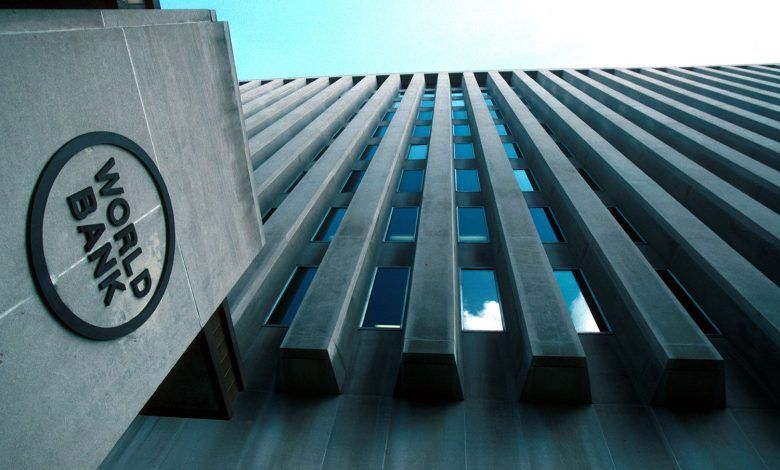
The World Bank has said that the reports submitted by the Nigerian National Petroleum Company Limited (NNPCL) to the Federal Account Allocation Committee (FAAC) were inconsistent and lacked necessary details on its operations.
This was revealed in the bank’s Accelerating Resource Mobilisation Reforms (ARMOR) Report for May 17, 2024.
According to the WB, in addition to reduced net oil revenues, the opaque governance of NNPCL has significantly undermined the transmission of oil revenues to the federation.
“Non-transparent reporting to the Federal Ministry of Finance (FMF) and the Federation Account Allocation Committee (FAAC), make it difficult for the authorities to oversee NNPCL’s performance, calculate anticipated oil and gas revenues and determine the difference between revenues received by the Federation and NNPCL’s total revenue.
“The reports submitted to FAAC by NNPCL are inconsistent and lack information such as details on pledged revenues, the tradeable value of crude oil, actual payments, and receipts from global trade, among others. As highlighted in the Nigeria Public Finance Review (2022),7 financial reporting is opaque due to quasi-fiscal activities such as in-kind revenues in the form of crude oil, and costs directly deducted from revenues that would have otherwise been transferred to the Federation Account,” the report said in part.
NNPCL is governed by the Petroleum Industry Act (PIA) 2021
The world’s apex bank cited a case where the NNPCL pledged 35,000 barrels of crude oil per day to the owners in exchange for a 20 per cent stake in the privately owned Nigerian Dangote Refinery.
WB said although the total value of the contractual investments for pledged oil revenues was estimated to be worth US$5.8 billion at end-2022, the amount eventually declared by NNPCL was below expectation.
“All production sharing contracts signed by NNPC state that all fiscal payments shall be made in-kind by allowing the NNPC to lift tax oil, royalty oil, and profit oil. In joint venture operations, in which the Federation owns 55 per cent or 60 per cent of the equity oil and gas, the NNPC handles crude oil and natural gas receipts on behalf of the Federation.
However, the share of oil production in these contracts amounts to more than two-thirds of the total oil production in Nigeria.





